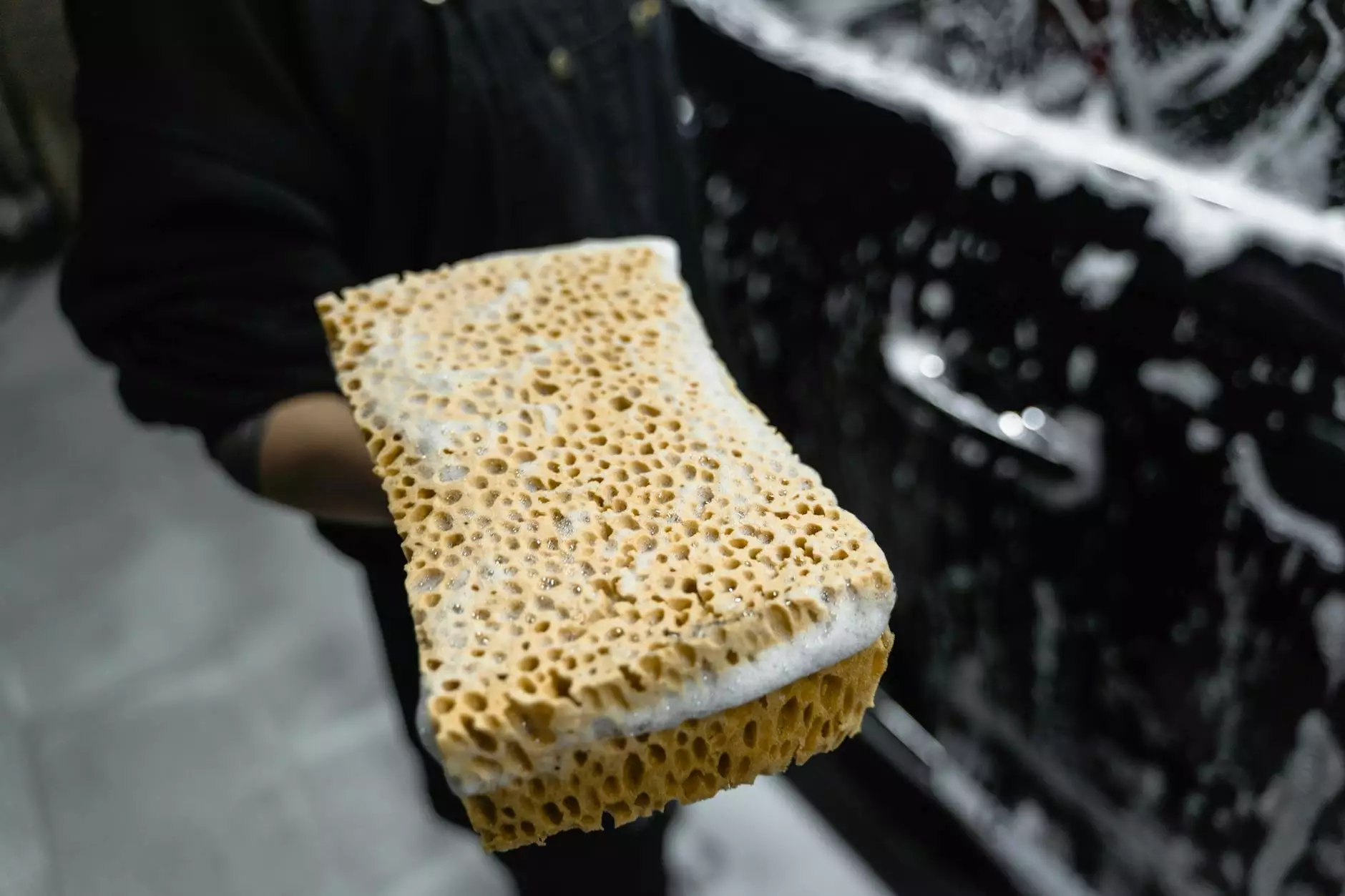Understanding the Titanium Nuts Factory: A Comprehensive Insight

The titanium nuts factory is a specialized facility dedicated to the production of titanium fasteners, a key component in numerous industrial and commercial applications. As the demand for robust, lightweight, and corrosion-resistant materials grows, titanium has emerged as the material of choice for fasteners across various sectors. In this article, we will delve deep into the workings of a titanium nuts factory, the advantages of using titanium fasteners, and the implications for industries around the world.
The Significance of Titanium in Manufacturing
Titanium is renowned for its unique properties, which make it an exceptional choice for manufacturing fasteners. The primary benefits include:
- High Strength-to-Weight Ratio: Titanium is as strong as steel yet significantly lighter, making it ideal for industries such as aerospace and automotive.
- Corrosion Resistance: Titanium has excellent resistance to oxidation and corrosion, outperforming many other metals in harsh environments.
- Biocompatibility: Titanium is biocompatible, which makes it perfect for medical applications, including implants and surgical instruments.
- Temperature Resistance: It maintains structural integrity at high temperatures, suitable for specialized applications like gas turbines and exhaust systems.
The Manufacturing Process at a Titanium Nuts Factory
The manufacturing of titanium nuts involves several meticulous stages, ensuring that the final product meets strict quality standards. Below are the key processes involved:
1. Material Selection
The first stage in any titanium nuts factory is the selection of high-grade titanium alloys. The most commonly used alloys are:
- Grade 2 Titanium: Known for its good weldability and corrosion resistance, ideal for many applications.
- Grade 5 Titanium (Ti-6Al-4V): This alloy offers superior strength and is widely used in aerospace components.
2. Forging and Machining
After selecting the right alloy, the next step involves forging the titanium into rough shapes. This process is followed by precision machining to form the specific dimensions and threads required for each nut.
Machining involves technologies such as:
- CNC Machining: Computer Numerical Control machines are utilized for their precision and ability to produce complex geometries.
- Turning and Milling: Traditional methods that refine the shape and add necessary features.
3. Heat Treatment
Heat treatment processes are implemented to enhance the strength and toughness of the titanium nuts. This includes solutions like annealing and aging, which refine the microstructure of the titanium alloys.
4. Surface Finishing
The surface finishing stage improves corrosion resistance and aesthetics. Techniques include:
- Anodizing: This electrochemical process increases the thickness of the oxide layer on the surface.
- Passivation: This treatment enhances the natural oxide layer, offering increased resistance to corrosion.
5. Quality Control
Quality assurance is critical in a titanium nuts factory. Each batch of nuts undergoes rigorous testing, including:
- Tensile Testing: To determine strength and ductility.
- Environmental Testing: To assess resistance to various environmental factors.
- Dimensional Checks: Ensuring all specifications are met precisely.
Applications of Titanium Nuts
Titanium nuts are utilized in a wide array of industries, illustrating their versatility and importance:
- Aerospace: Used in aircraft engines and structures due to high strength-to-weight ratios.
- Medical: Surgical implants and instruments benefit from titanium's biocompatibility.
- Oil and Gas: Resistant to aggressive environments found in offshore drilling and extraction.
- Automotive: High-performance vehicles rely on lightweight materials for better fuel efficiency.
Environmental Considerations in the Production of Titanium Nuts
As the world focuses on sustainability, titanium manufacturing processes are evolving to become more eco-friendly. Here are some advancements:
- Efficient Recycling: Titanium scrap is increasingly being recycled, reducing environmental impact.
- Energy-Efficient Processes: New technologies are being developed to minimize energy consumption during production.
- Reduced Emissions: Factories are implementing cleaner technologies to lower carbon footprints.
Future Trends in Titanium Fastener Manufacturing
The future of titanium nuts manufacturing is poised for innovation. Emerging trends include:
- Additive Manufacturing: 3D printing of titanium components allows for complex designs and reduces waste.
- Smart Manufacturing: Incorporating IoT technology to enhance production efficiency and quality control.
- Hybrid Materials: Experimentation with blends of titanium and other materials to optimize properties for specific applications.
Conclusion
The titanium nuts factory stands at the forefront of innovation in the fastener industry, driven by the unique properties of titanium and the growing demand across various sectors. From aerospace to medical applications, the role of a titanium nuts factory is critical in supplying the high-performance fasteners that modern industries require. As technology advances and sustainable practices are adopted, the future of titanium manufacturing looks promising, ensuring that these essential components continue to play a vital role in numerous applications.
For more information on titanium fasteners and manufacturing processes, visit titaniumbolts.com.









